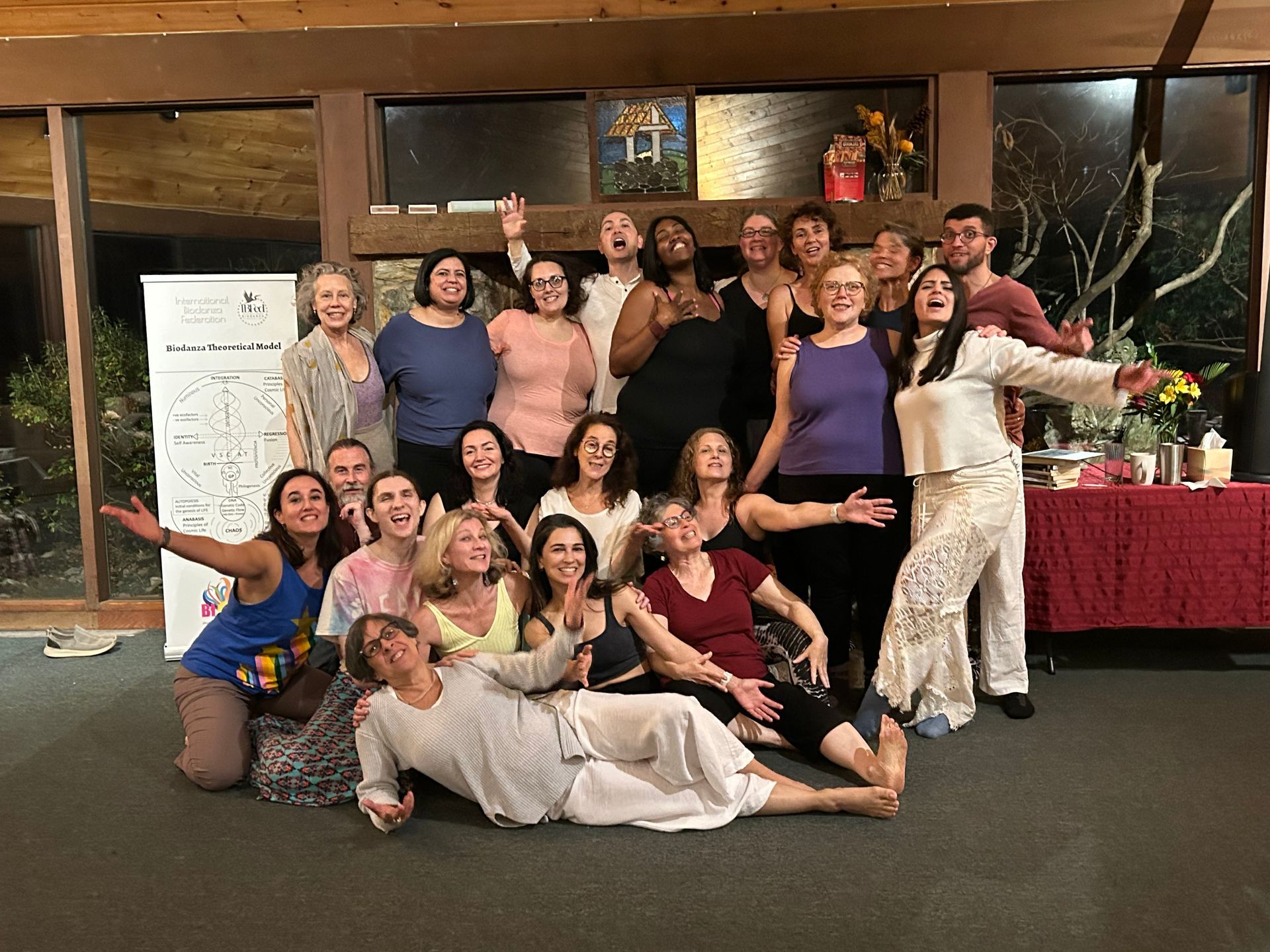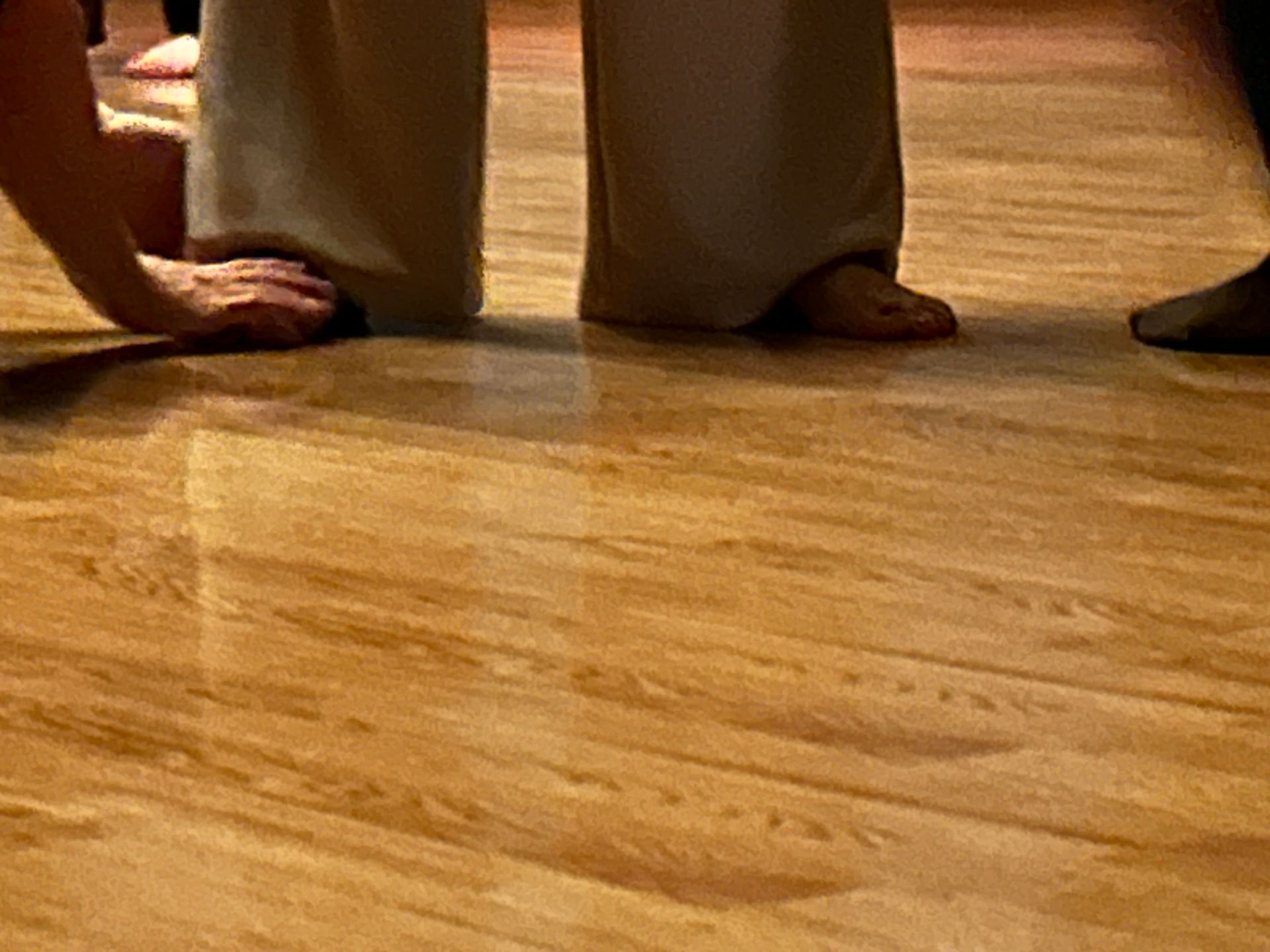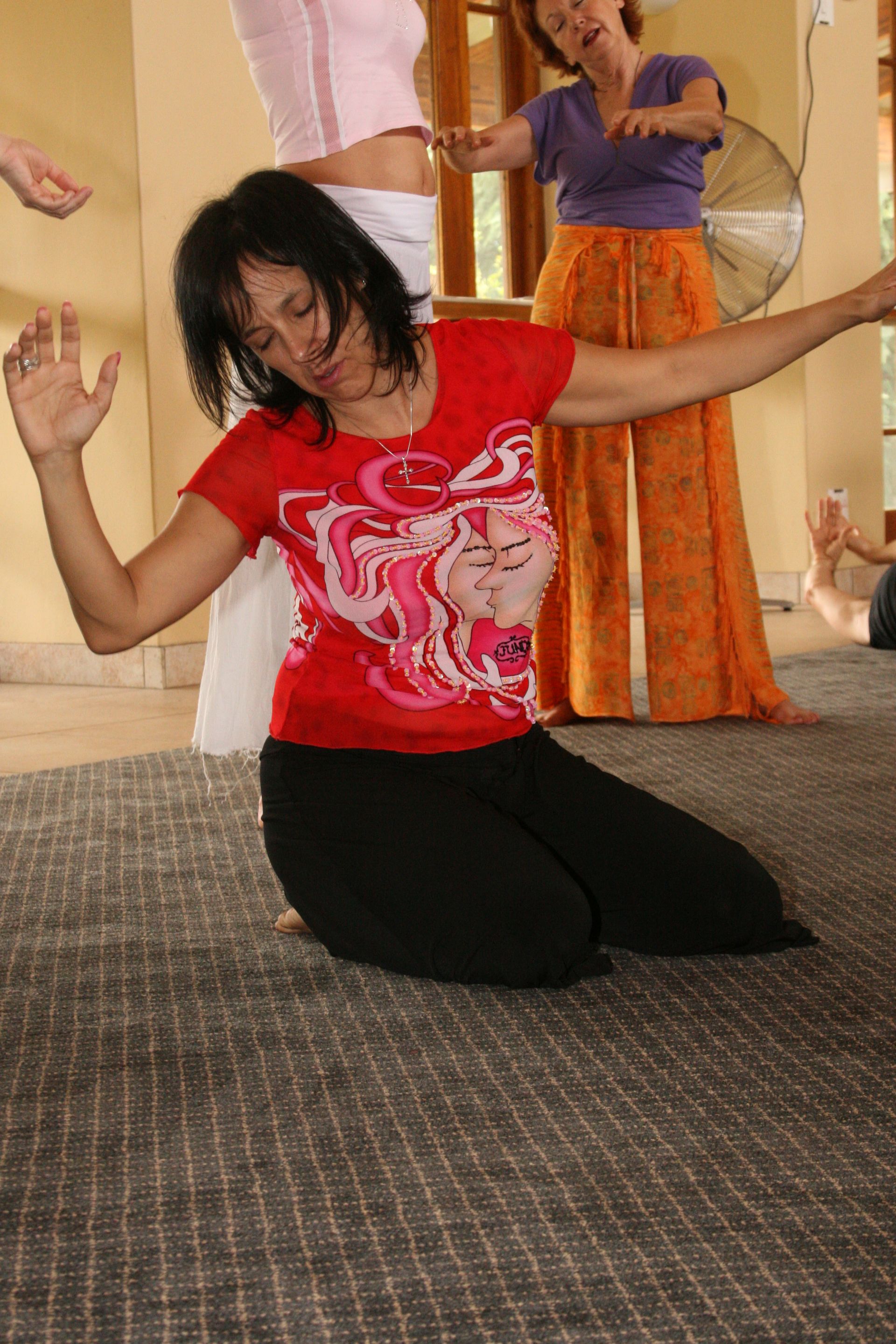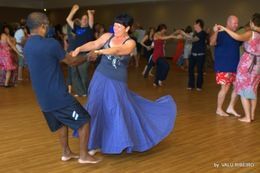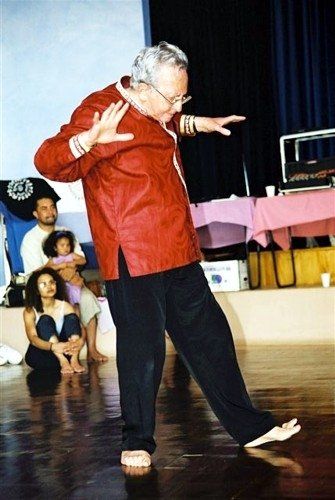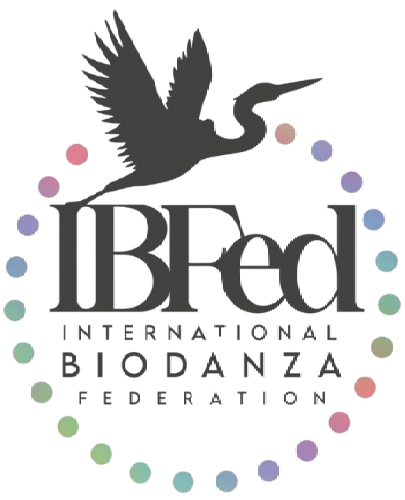Living your integrity fully
Integrity and the ethos of Biodanza

Integrity is at the heart of the Biodanza ethos. It is not just a moral quality but a way of being aligned in thought, word, and action. In Biodanza, integrity means showing up authentically; expressing what we feel, moving with what is true in our body, and cultivating coherence between our inner experience and outer expression. Rolando Toro designed Biodanza not only as a system of movement but as a path toward becoming whole. Integrity supports this process by creating a field of trust, where participants can be vulnerable, expressive, and emotionally safe.
To live with integrity in the context of Biodanza means that what we think, say, and do are consistent. For a facilitator, it means living the principles they teach: affectivity, presence, and respect for life. For a participant, it means dancing from a place of honesty, not performance. If someone says they value connection but constantly isolates or avoids touch, there's an inner fracture; a break between words and actions. When what we express in the circle aligns with how we act in and outside the vivencia, we become congruent, and that congruence is deeply healing for ourselves and others. Integrity is not about perfection, but about ongoing awareness and the willingness to bring our lived truth into motion.
When integrity is lacking, when someone repeatedly says one thing and does another, the coherence of the group field weakens. In a Biodanza setting, this can manifest as mistrust, emotional withdrawal, or a sense of disconnection. Inclusion requires mutual respect and integrity, not conformity. When a person’s behavior contradicts the ethos of the group, such as speaking of love while acting with disregard, they create an affective rupture that others feel. Inclusion in Biodanza isn’t about being “good” but about being aligned.
The path of Biodanza calls us to refine our congruence, not only to support our personal growth but to nurture the relational ecosystem that allows everyone to thrive both in the class setting and in the outside world. This requires introspection and contemplation.







